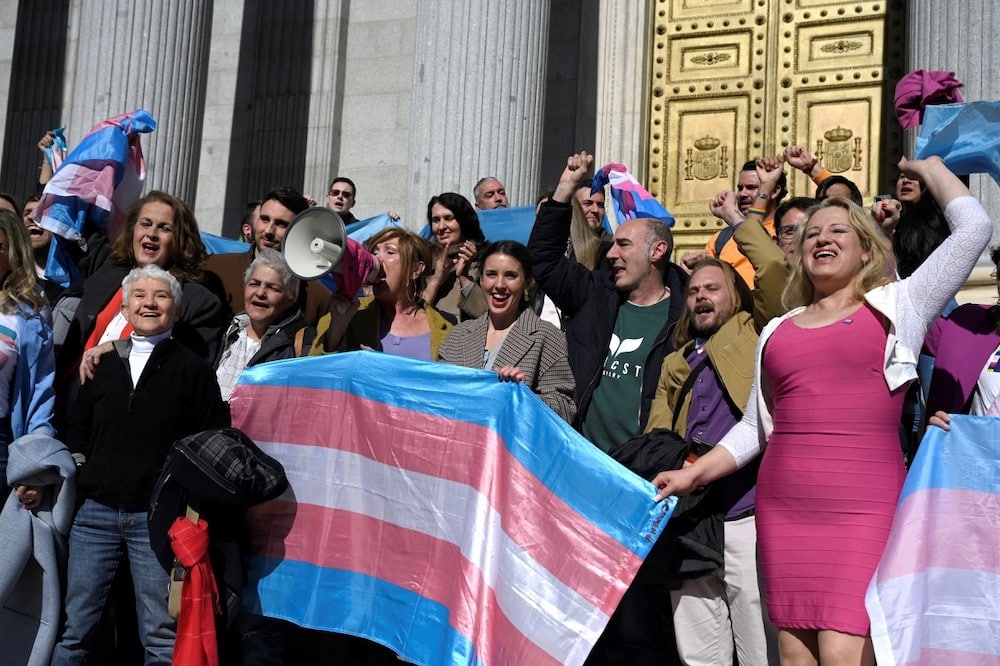The new law legalises gender self-ID, expands access to assisted reproductive techniques, strengthens sexuality education, enables parental recognition for unmarried same-sex couples, and introduces measures to combat discrimination against LGBTQI+ people in various sectors.
This statement was originally published on hrw.org on 16 February 2023.
Law expands protections for LGBTI people in various areas
Today, Spain’s parliament passed a comprehensive law to expand protections and entrench rights for lesbian, gay, bisexual, transgender, and intersex (LGBTI) people.
The statute has become known colloquially as the “Trans Law” because provisions that allow for gender recognition based on self-identification through a simple administrative process have provoked heated public debate.
The passage of the law represents a significant milestone for the LGBTI movement, and particularly for the long fight for gender recognition in Spain. Previously, the process for trans people to change their gender marker on identification documents required a medical diagnosis of gender dysphoria, and a two-year period of medical treatment to align the applicant’s physical characteristics to the gender marker they sought. The new law does away with these requirements and is based on a trans person’s self-identification.
The law improves protections for LGBTI people more broadly by expanding access to assisted reproductive techniques; strengthening sexuality education; banning medically unnecessary, “normalizing” surgeries for intersex children before they can consent; enabling parental recognition for unmarried same-sex couples; and introducing measures to combat discrimination against LGBTI people in various sectors, including in healthcare, employment, and housing.
These improvements have at times been drowned out in a heated public debate in Spain, that mainly focused on the gender recognition reforms, leading to increased political conflict, including within the ruling coalition. Some lawmakers balked at the provisions that permit children, from age 12, to obtain legal gender recognition under certain conditions.



